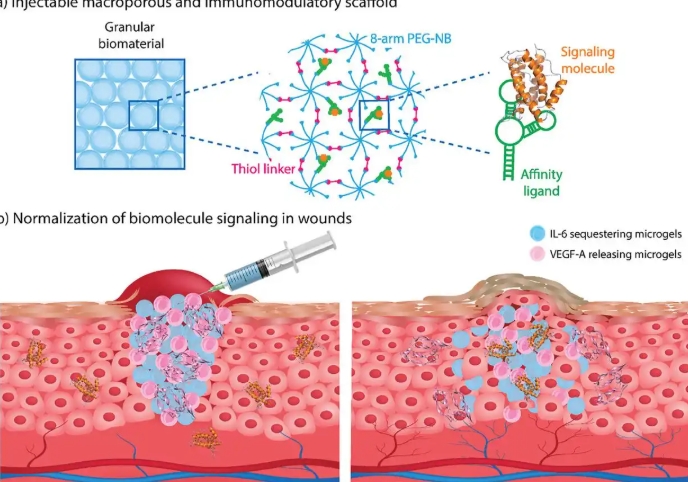When it comes to vehicle safety, the Anti-lock Braking System (ABS) plays a crucial role in preventing wheel lock-up during hard braking, thereby maintaining steering control and reducing stopping distances. At the heart of this system lies the ABS control module, a sophisticated electronic component that monitors and regulates the braking process. However, what happens when this critical module fails? In this article, we will delve into the implications of ABS control module failure, the symptoms to watch for, and the potential solutions to this automotive dilemma.
The Role of the ABS Control Module
Before we explore the consequences of failure, it is essential to understand the function of the ABS control module. This module is responsible for processing data from wheel speed sensors and modulating brake pressure to each wheel. By doing so, it prevents the wheels from locking up during sudden stops, allowing the driver to maintain control of the vehicle. The module also communicates with other systems in the vehicle, such as traction control and stability control, to enhance overall safety.
Symptoms of ABS Control Module Failure
Recognizing the signs of ABS control module failure is crucial for timely intervention. Here are some common symptoms:
- ABS Warning Light: The most immediate indicator of a malfunction is the illumination of the ABS warning light on the dashboard. This light serves as a signal that the ABS system is not functioning correctly.
- Increased Stopping Distances: If you notice that your vehicle takes longer to stop than usual, it may be a sign that the ABS is not engaging properly due to a faulty control module.
- Unresponsive Brakes: In some cases, drivers may experience a lack of responsiveness when applying the brakes, which can be particularly dangerous in emergency situations.
- Erratic Brake Behavior: If the brakes feel spongy or if the pedal pulsates unexpectedly, it may indicate that the ABS control module is not regulating brake pressure effectively.
- Traction Control Issues: Since the ABS control module works in conjunction with traction control systems, any failure may also lead to issues with traction control, such as the system activating unnecessarily.
Consequences of ABS Control Module Failure
The failure of the ABS control module can have serious implications for vehicle safety and performance. Here are some of the most significant consequences:
- Loss of Anti-lock Functionality: The most immediate effect of a failed ABS control module is the loss of the anti-lock braking feature. This means that during hard braking, the wheels may lock up, leading to a loss of steering control and an increased risk of skidding or crashing.
- Increased Risk of Accidents: Without the ABS system functioning correctly, drivers are at a higher risk of accidents, especially in adverse weather conditions such as rain or snow, where maintaining traction is critical.
- Potential for Brake System Damage: A malfunctioning ABS control module can lead to uneven brake wear and overheating, potentially damaging the brake system components over time.
- Compromised Vehicle Stability: The ABS control module also plays a role in vehicle stability systems. A failure can lead to compromised stability, making it difficult to control the vehicle during sudden maneuvers.
- Increased Repair Costs: Ignoring the symptoms of ABS control module failure can lead to more extensive damage to the braking system, resulting in higher repair costs down the line.
Diagnosing and Addressing ABS Control Module Issues
If you suspect that your ABS control module is failing, it is crucial to seek professional diagnosis and repair. Here are steps to take:
- Diagnostic Scan: A qualified technician can perform a diagnostic scan to retrieve error codes from the ABS control module. This will help identify the specific issue.
- Visual Inspection: Technicians will also conduct a visual inspection of the ABS system, checking for damaged wiring, corroded connectors, or faulty sensors.
- Module Replacement: In some cases, the ABS control module may need to be replaced. This process involves programming the new module to ensure compatibility with the vehicle's systems.
- Regular Maintenance: To prevent future issues, regular maintenance of the braking system, including fluid changes and inspections, is essential.
Conclusion
The ABS control module is a vital component of modern vehicle safety systems. Understanding the implications of its failure can help drivers recognize symptoms early and take appropriate action. By addressing ABS control module issues promptly, you can ensure your vehicle remains safe and reliable on the road. Remember, when it comes to vehicle safety, it’s always better to err on the side of caution.

